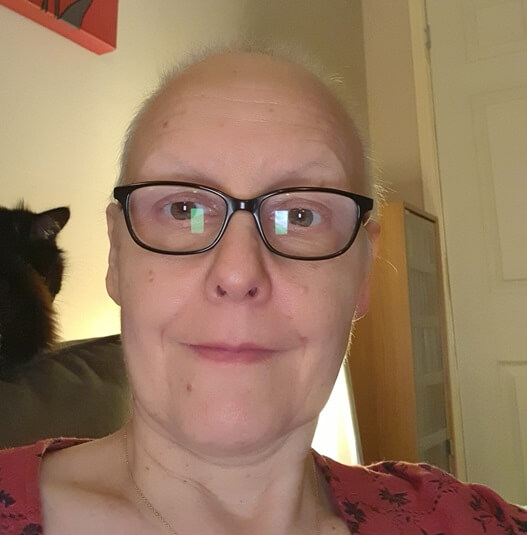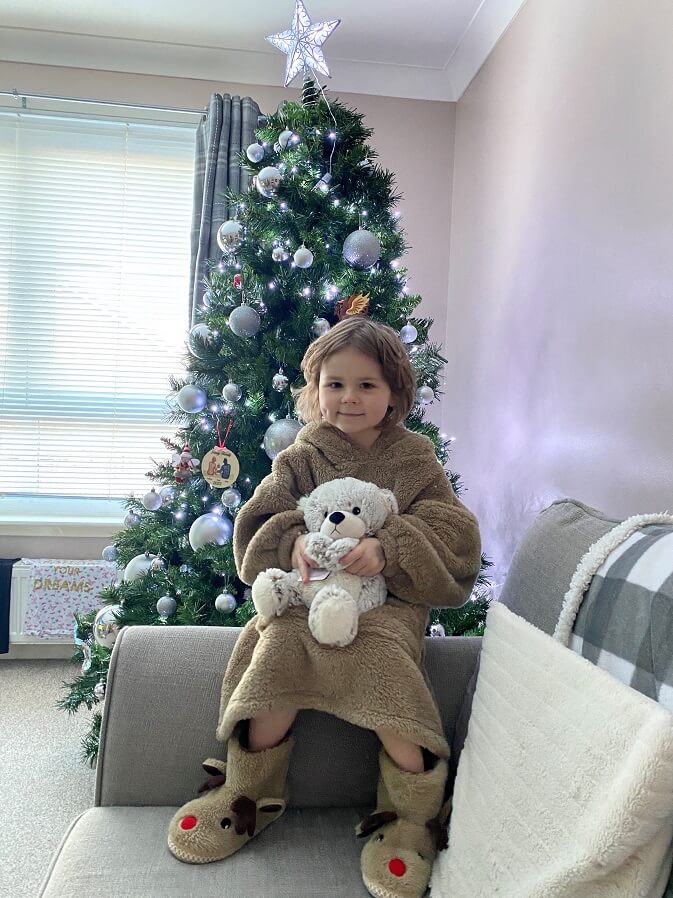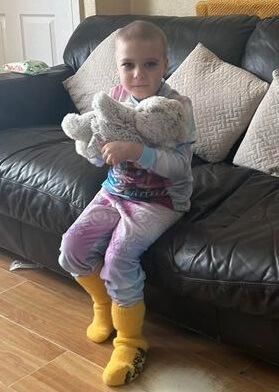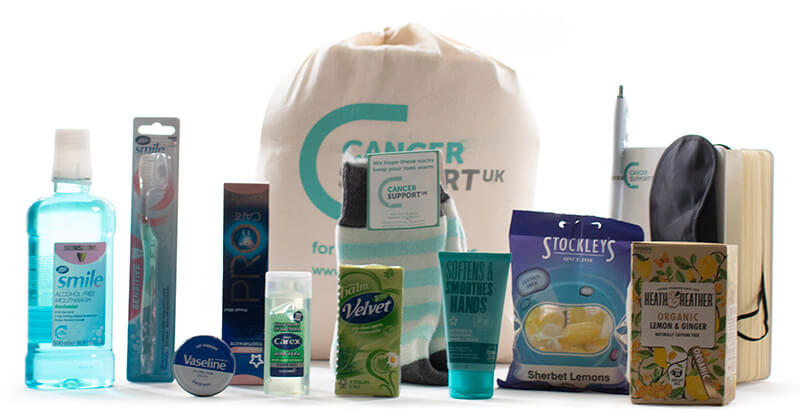
“There’s a time and a place for worry and it doesn’t have to consume my thoughts every day.” – Claire, Cancer Coach participant
Claire was diagnosed with cancer in March 2022. A biopsy on a lump in the lymph node in her neck revealed it was sqaumous cell carcinoma HPV P16. She was told she would need further scans to determine where the primary cancer was.
A PET scan (Positron emission tomography) in April found the primary cancer in her right tonsil.
“I was allocated a head and neck cancer nurse specialist, which made the whole thing seem more real, although I felt numb and confused as to why this had happened to me.”
Claire underwent a full tonsillectomy in mid-April, followed by a neck dissection a few weeks later, when 33 lymph nodes were removed – two of the nodes contained cancer. Part of her palate was also removed, which meant she was unable to eat properly and struggled to speak.
From June to July she received radiotherapy, which made her feel very tired, and chemotherapy, which affected her kidneys. Other side effects include tinnitus and a slight hearing impairment in her right ear after the chemo, as well as hair loss and significant weight loss.
“As far as my consultant is concerned the surgery removed the cancer, while the radiotherapy and chemo were just “the belts and braces” to ensure there were no nasty microscopic cells left.
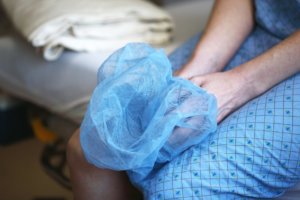
“I felt numb and confused as to why cancer had happened to me.”
“I’ll be checked every two months for two years, then three monthly for the third year, four monthly for the fourth year and finally six monthly for the fifth year. I’ll be discharged after five years.
“After the surgery I was referred for physiotherapy, as I have reduced mobility in my neck and have lost muscle mass around my shoulder/arm. I am now working on my strength at my local leisure centre, which I’m thoroughly enjoying.
“I was off work from mid-March until the beginning of September, when I began a phased return. I work three days a week for local government and my line manager has been so supportive. I’m using up my annual leave and taking one day a week as leave, which has enabled me to reduce my hours. I intend to work my normal contracted hours from February 2023.
“Because I worry about the cancer returning and whether the CT scan will pick up any cancer, I decided to look for a support group, so that I could speak to like-minded people about cancer and get support with the uncertain thoughts that I was having.
“I found out about Cancer Coach through an advert on social media and emailed Cancer Support UK with my details. I received a prompt reply, offering me a place on the six week course, which I accepted.
“The group I joined were all women. Two of us had experienced head and neck cancer, the others had various types of breast cancer. The group gelled exceptionally well and we all shared our stories, which gave me comfort and reassurance.
“I looked forward to the group sessions, which were held online every Monday afternoon. The facilitator, who was very knowledgeable and empathetic, gave us time to catch up on the previous week and then went through the exercises in the Cancer Coach workbook. I personally found the section on “The worry tree” and “Scheduling worry time” very helpful, as I knew I was worrying too much and it was consuming most of my thoughts.
“If I find myself worrying too much now, I read my workbook and the notes I made. This reminds me that I can worry less and reassures me that worrying is normal. However, there’s a time and a place for worry and it doesn’t have to overwhelm my thoughts every day.
“I made five new friends through Cancer Coach. We have set up a Whatsapp group and are in regular contact to discuss our feelings, upcoming appointments and other cancer stories. We only met up for a few hours a week for six weeks, but the group formed a very strong bond and for that I thank Cancer Support UK.
“I would advise applying to join Cancer Coach, as the course really does help.”
The Cancer Coach programme is available to anyone previously diagnosed with a stage 3 or below cancer and who has now completed their physical cancer treatment and is experiencing low mood, anxiety, worry, and who doesn’t know how to move forward in their recovery. The course takes participants through a series of weekly facilitated group sessions, run for a six-week period over the telephone or online video. Participants benefit from the peer support of the sessions, as well as learning tools and techniques for improving emotional wellbeing, which can help them on their recovery journey. The course is free, completely confidential and accessible from the comfort and privacy of home.
If you’ve completed cancer treatment and are wondering how to cope, then please apply to join the course. Simply complete the application form online. If you have any questions, please email cancercoach@cancersupportuk.org or call: 020 3983 7616.
